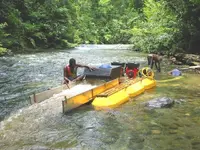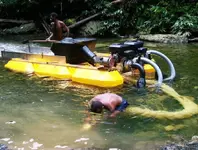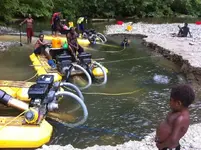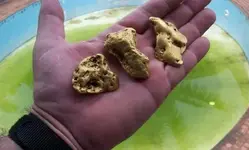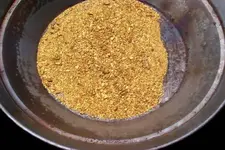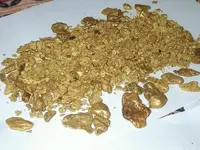lilorphanannie
Full Member
[FONT="]Each situation in dealing with indigneous people ,tribal lands ,ejidos etc. is case specific. There is no general one answer cure all. It would take me several hours to explain the hows and whys and what I have learned is necessary to bridge these gaps in ideologies. Sadly few people have the interest to learn about cultural sensitivity . I am a lone prospector, most of my life working completely alone but among indigneous communities. I have delivered babies, brought in medical services, loaned heavy equipment to build roads, purchased generators , dug wells, and built small a schoolhouse. Bring in supplies every time I come back from town . In some 40 years I never had one indigneous person accept money. I also speak spanish fluently and 5 different dialects. If I am going into Yanomani land, I read ,study and prepare. The biggest request I had in the Amazon basin was cooking oil and utensils. I never did any of these things expecting anything in return, no ulterior motive. Just common decency. I studied tropical diseases and carried a first aid kit. In return ,I have been offered land, livestock ,a stand of mahogany trees, vicuna wool,etc. One occasion that comes to mind a 1.2 carat diamond was shoved into my shirt pocket after giving a lady a two liter bottle of cooking oil. One time in Mexico ,I picked up an indian family seeing that they were carrying a heavy load. There were 5 in all piled into my jeep. After about 45 minutes I heard wretching coming from one of the children as he was vomiting and on my prospecting equipment. I made it to a creek where I pulled over unloaded everything and cleaned up. The father began to give the boy a serious whipping. I asked him to please stop. In his eyes he had to punish the boy in front of me to apologize for the mess. None of the children had ever rode in a vehicle and the mountain trail was winding for hours. He stopped hitting on the child but I could tell that he still felt that he owed me. Finally after three hours we made it to a blacktop country road where they could catch a bus going in the other direction. As we parted ways ,he said ,sir please take this bag.I initially said no but he insisted,I thought it was some tortillas or other food item, finally I said OK,thanks. I opened the bag and there was a round ball of tar looking resin. I didnt recognize it so I asked ,what is this? He said its its that stuff all of you foreigners like, it comes from the poppy flower, He said we are going to town to sell it ,but I want you to have it ,its worth a lot of money where you come from, I finally won the argument telling him that he needed the money for his family and I would rather have something to eat. So I took some pork empanadas instead. --------- Years later I worked for several exploration companies hired as the first person to go into an area and make an evaluation on conditions and receptivity to outside intrusion. I would suggest anyone, individual or company , prepare themselves,or have people on the payroll that have the experience to work with the community.[/FONT]



 Side story,
Side story,